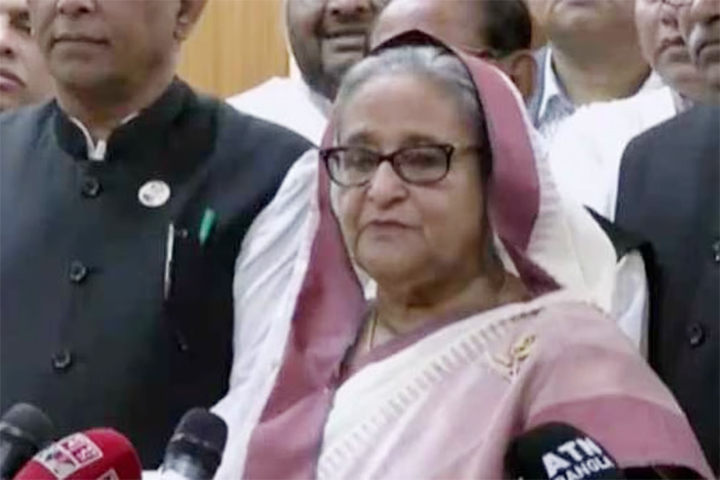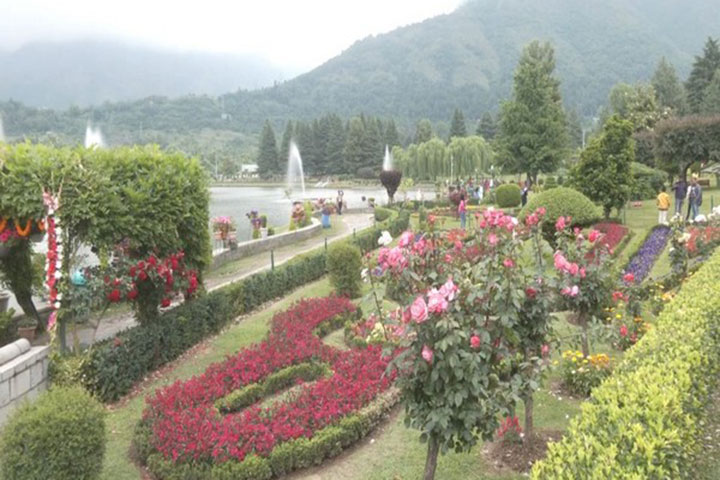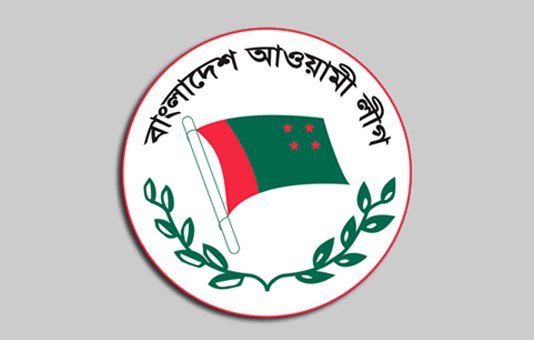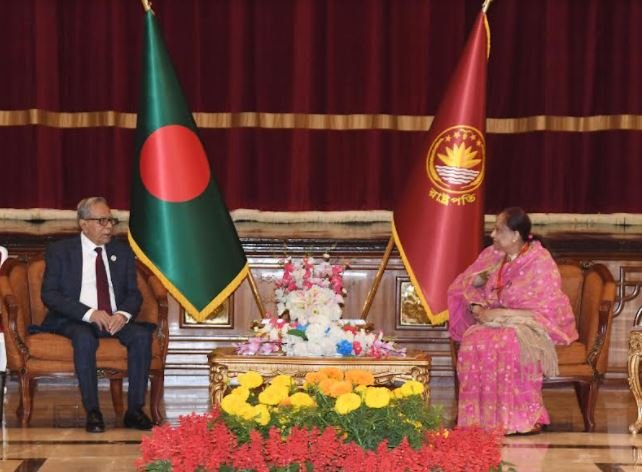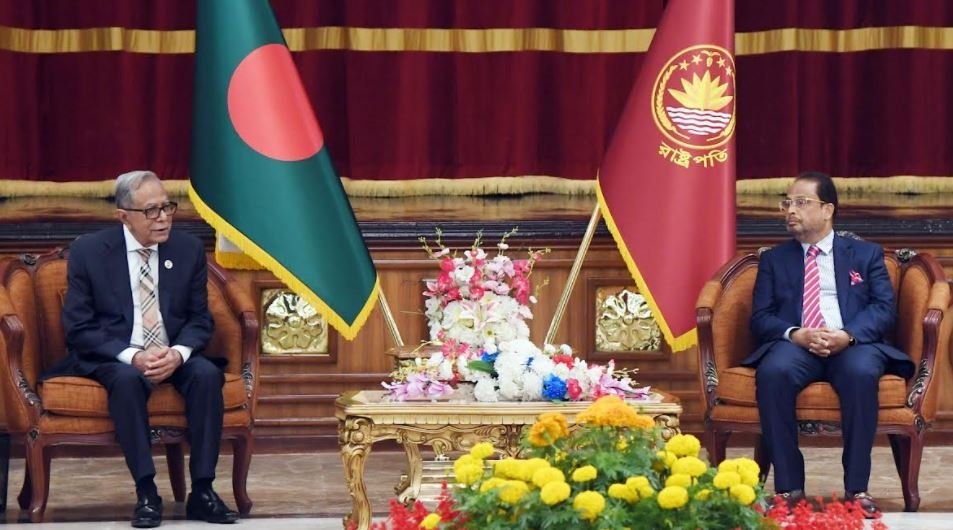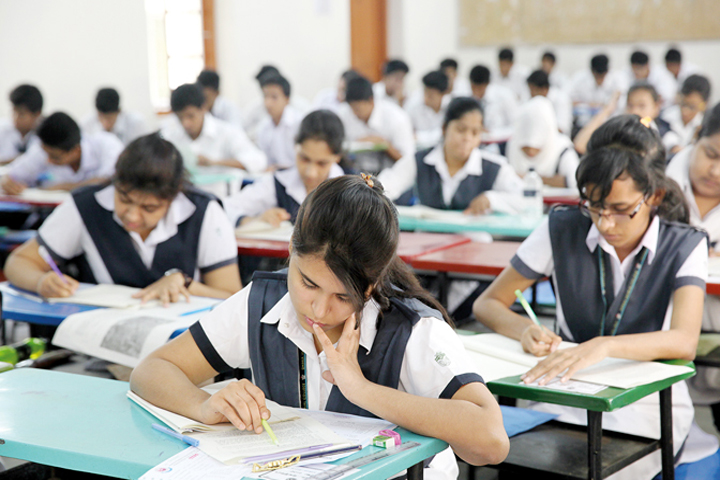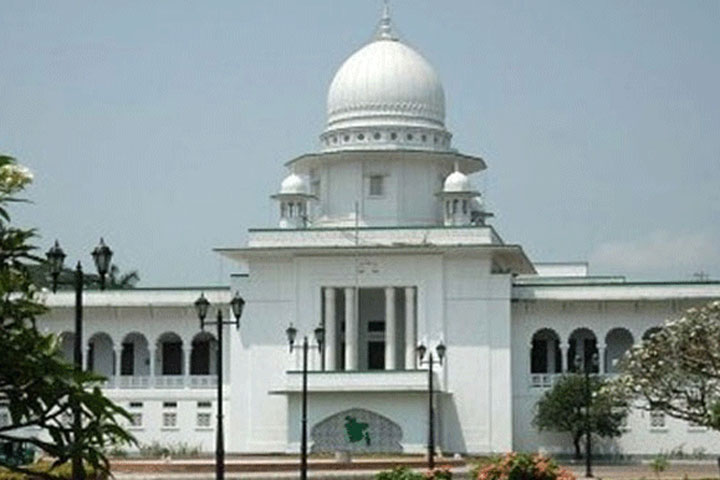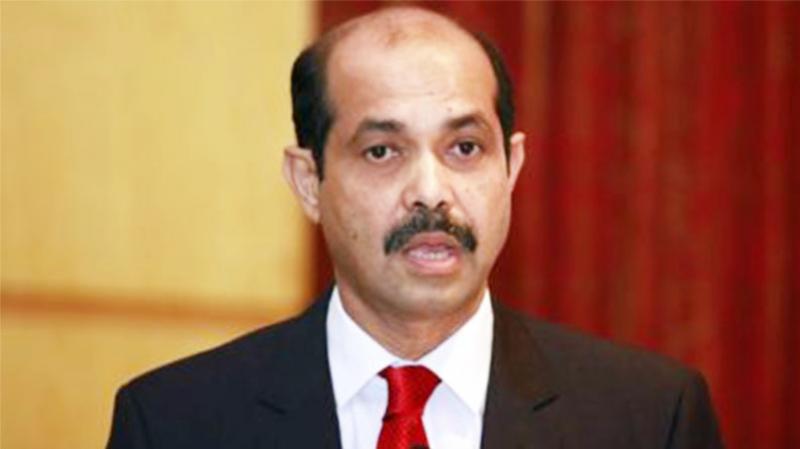Commercial floriculture emerging as new form of employment in India
Commercial Floriculture in Indian administrated Jammu and Kashmir is helping the farmers to multiply their profits with the help of government-sponsored schemes and other related interventions.
Commercial Floriculture, a specialized form of Horticulture aimed at augmenting the income of Growers and generating employment opportunities involves setting up of ornamental nurseries, aromatic oil crop farming like lavender, cut flower production of rose, carnation, gerbera, lilium, among others as well as bulb production of iris, daffodils, dahlia, lilium, gladiolus, peonia, cyclamen, ranunculus, etc.
According to an official statement, Centrally Sponsored Schemes (CSS) like MIDH, RKVY, and ATMA are being implemented for the promotion of the commercial Floriculture Sector in Jammu and Kashmir.
"The department is organizing regular sessions of training within and outside Jammu and Kashmir for farmers/growers in order to make them aware of modern trends in the floriculture sector," the statement said.
"Unemployed youths and farmers register themselves under these schemes and start their own businesses in loose and cut flower production, aromatic plant cultivation, ornamental nursery and use of integrated farming for their employment and revenue generation," it added.
Floriculture products mainly consist of cut flowers, pot plants, cut foliage, seeds bulbs, tubers, rooted cuttings and dried flowers or leaves. The important floricultural crops in the international cut flower trade are Rose, Carnation, Chrysanthemum, Gargera, Gladiolus, Gypsophila, Liatris, Nerine, Orchids, Archilea, Anthurium, Tulip, and Lilies.
Notably, the cultivation of lavender as part of commercial Floriculture has changed the fortunes of farmers in Jammu and Kashmir under the 'Aroma Mission or Purple Revolution', an initiative of the Central government towards transforming the lives of UT's farmer community.
"As per official data, Purple or Lavender revolution was launched in 2016 by the Union Ministry of Science and Technology through the Council of Scientific and Industrial Research's (CSIR) Aroma Mission. The aim of the mission is to support domestic aromatic crop-based agro-economy by moving from imported aromatic oils to home-grown varieties," it said.
Lavender cultivation is practiced in almost all 20 districts of Jammu and Kashmir. Under the mission, first-time farmers were given free lavender saplings while those who had cultivated lavender before were charged Rs. 5-6 per sapling.
"Farmers are happy with the farming of unconventional aromatic plants under Aroma Mission. The mission promotes the cultivation of aromatic crops for essential oils that are in great demand by the aroma industry," it added.
Rubbena Tabassum from Yarikalan Chadoora, Budgam has became an inspiration for many youth particularly women due to her dedication and passion which eventually helped her to set up Nursery of Flowers.
Rubeena said that she started her venture titled as United Floritech with cut flowers.
"I started a variety of flowers in my Nursery by adding flowers like Lilium, Glidulous and other flowers. Due to huge public demand, I had to hire additional manpower, says Rubeena. Now I am not only self-employed, but I provide employment to other workers," Rubeena said.
"Department of Floriculture also contributed a lot by providing 50 per cent financial assistance to erect structure and assistance in procuring high value variety flowers which eventually resulted into flourishing of My Nursery of Flowers," she added.
Bharat Bhushan, a resident of village Lehrote, Block Bhalla Doda felt proud of his decision to adopt lavender farming as his income has gradually increased beyond expectations.
"Seeing my success all my fellow villagers have switched from maize to lavender farming," he said.
Source: ANI
13 Nov 2022,15:48


















 Live Tv
Live Tv
